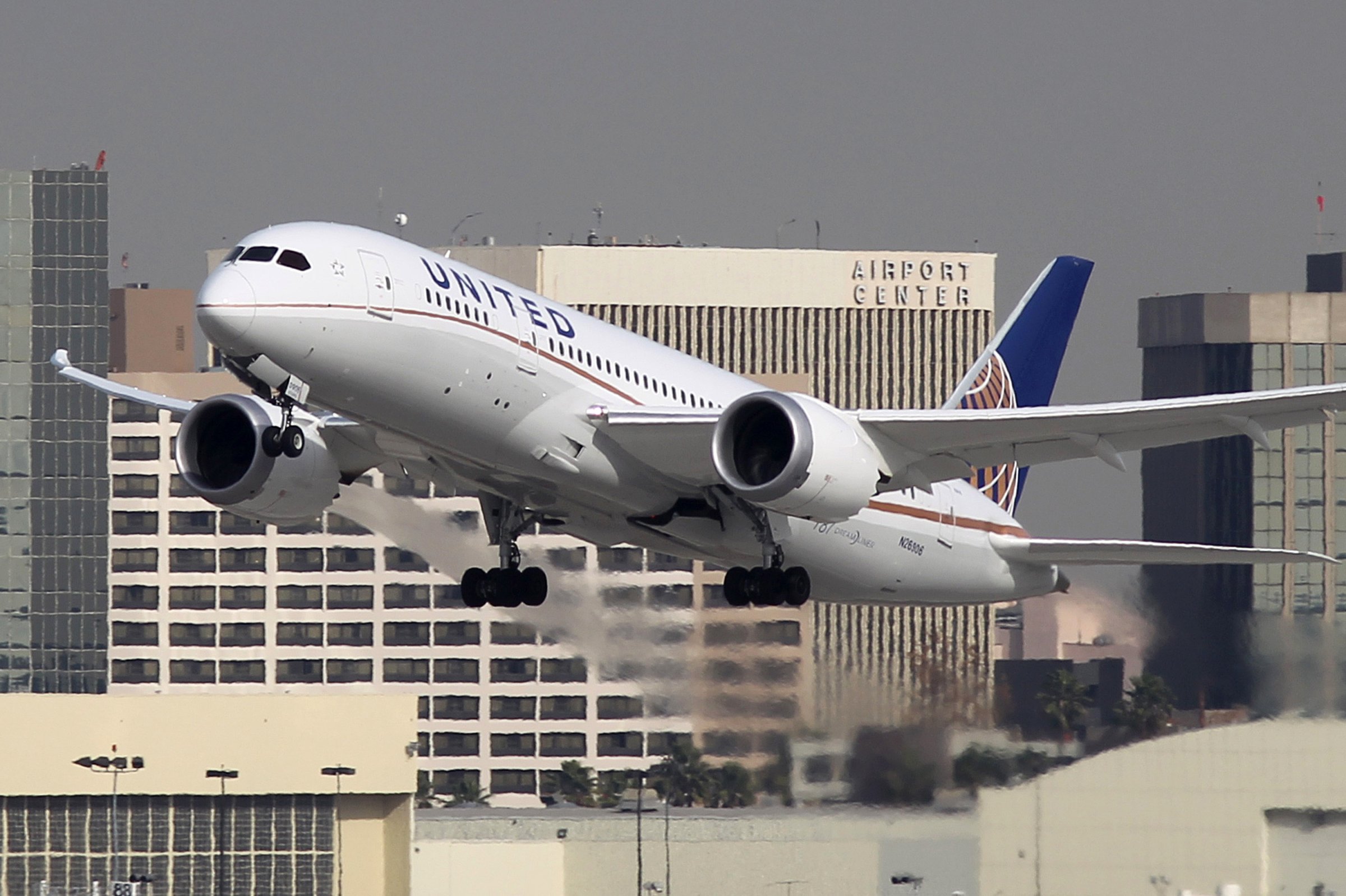
Travelers are in a tizzy over United Airlines’ new “Basic Economy” fares, which offer fewer frills at a lower price of the airline’s other tickets.
Their biggest beef? Flyers with Basic Economy tickets won’t be able to stash carry-on luggage in their airplane’s overhead bin. Instead, they’re only allowed to bring abroad a bag small enough to be tucked under the seat in front of them (Basic Economy flyers can’t pre-select their seats, either). Even New York Senator Charles Schumer called the move “troubling.” Given that airlines have a reputation for making life harder on travelers, the negative reaction is unsurprising.
But United’s change is being wrongly characterized as a new carry-on bag fee. That’s not accurate. United passengers who pay for the existing base fare, called economy, will still be able to bring aboard a larger carry-on.
Instead, the new, cheaper fare is about choice. It’s meant for passengers who don’t mind sacrificing some creature comforts in the name of a less expensive ticket. It could be great for college students, for instance, or somebody on a short trip during which in-flight amenities aren’t as big a deal. People who want to carry on a big ol’ roll-a-board can keep paying for regular economy or above, while those looking to save a few bucks and don’t mind checking their bag can go with the new Basic Economy fare. (There is, of course, some danger in Basic Economy becoming the new standard, as my friend Grant Martin points out.)
United’s new fare is really a way for one of the country’s biggest airlines to compete with a new threat: The so-called Ultra Low-Cost Carriers, like Spirit and Frontier. These upstart airlines work like RyanAir in Europe, offering a zero-frills ticket at a low price while charging for everything from checked bags to reserved seats. United figures that it can compete with these new rivals by offering service that’s a little cheaper and packs fewer frills, but still offers a better overall experience (Basic Economy flyers still get “food, beverage, Wi-Fi and personal device entertainment,” United says.)
Ultimately, the new fare represents more choice in a business known for consolidation, not competition. That’s not such a bad thing.
More Must-Reads from TIME
- Why Trump’s Message Worked on Latino Men
- What Trump’s Win Could Mean for Housing
- The 100 Must-Read Books of 2024
- Sleep Doctors Share the 1 Tip That’s Changed Their Lives
- Column: Let’s Bring Back Romance
- What It’s Like to Have Long COVID As a Kid
- FX’s Say Nothing Is the Must-Watch Political Thriller of 2024
- Merle Bombardieri Is Helping People Make the Baby Decision
Contact us at letters@time.com